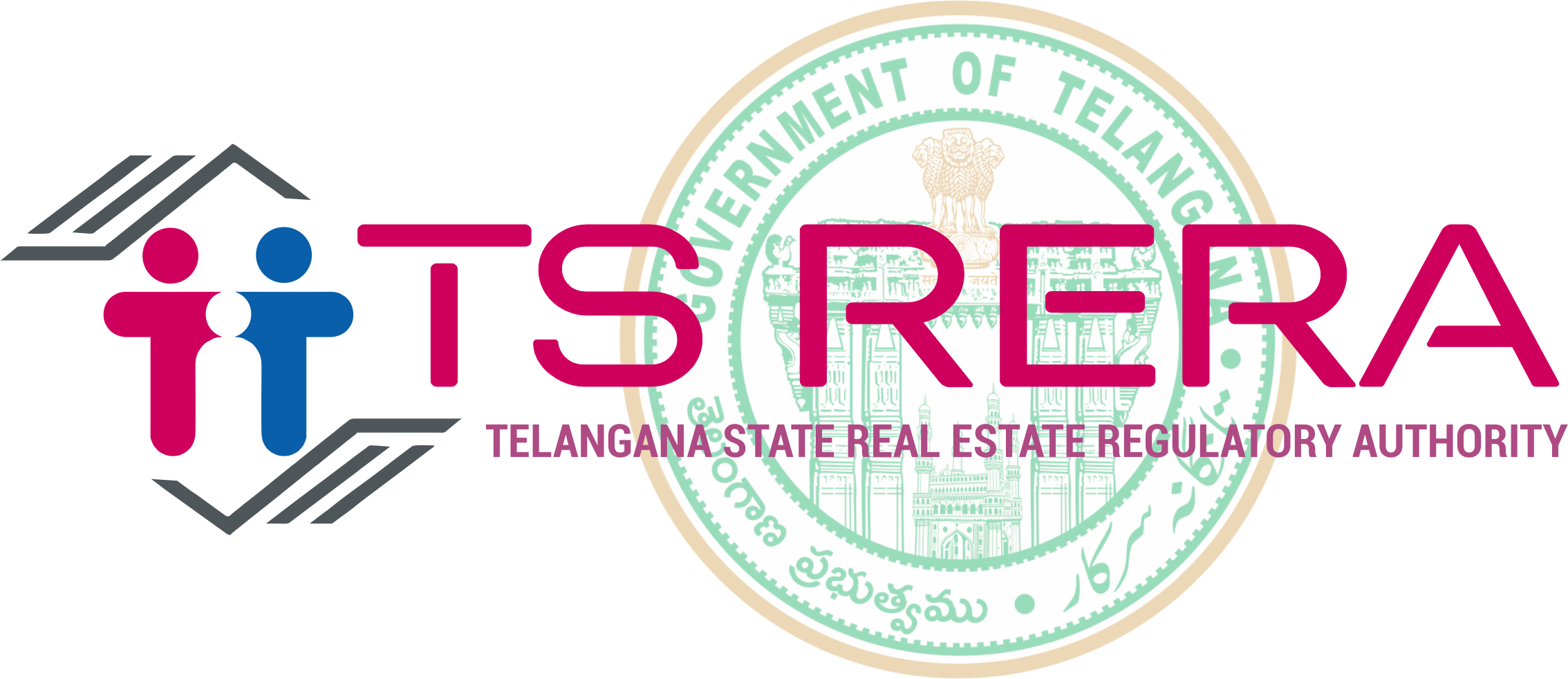The Indian real estate sector witnessed a significant shift towards accountability and transparency with the introduction of the Real Estate Development Act, 2016 by the Central Government. Popularly known as the RERA Act, it came into effect in various States from May 1, 2017. Let's delve into some key aspects of this law.
Q: What is RERA?
A: RERA, an acronym for Real Estate Regulatory Authority, serves as a regulatory body overseeing the regulation of residential and commercial properties. Its primary objective is to safeguard buyers from fraudulent practices employed by unethical real estate developers. The registration of a project under RERA adds a prestigious tag, instilling confidence in potential buyers.
Q: When did RERA come into effect?
A: The Indian government enacted the Real Estate Development Act, commonly known as RERA, on March 26, 2016. Its provisions were implemented across the states from May 1, 2017. In addition to its regulatory role, RERA also functions as an arbitration institution, facilitating the speedy resolution of disputes.
Q: What are the benefits of RERA?
A: RERA offers several advantages for those investing in registered projects. Buyers gain access to crucial information about the project, such as the layout plan, completion timeline, and delivery date. Furthermore, developers are obligated to rectify any construction defects for a period of five years following the handover, with subsequent defects requiring resolution within 30 days. Failure to adhere to the stipulated handover schedule may result in penalties for the developer.
Q: Is RERA registration mandatory?
A: Yes, RERA registration is mandatory for all real estate construction or startup projects exceeding an area of 500 square meters.
Q: Which projects are exempt from RERA registration?
A: RERA does not apply to real estate projects with an area of less than 500 square meters. Additionally, projects consisting of eight or fewer apartment units are also exempt from RERA registration.
Q: What benefits does RERA provide to buyers?
A: RERA offers significant relief to buyers by safeguarding them against fraudulent practices employed by unethical builders. It ensures timely delivery of apartments from developers, imposing penalties of up to three years for delays. Additionally, developers are required to pay buyers 2 percent interest in cases of delay.
Q: Is it safe to invest in RERA-approved projects?
A: Investing in projects registered under RERA provides a safer and more reliable option. Such projects follow the RERA guidelines, ensuring that buyers only pay for the carpet area and not the super built-up area, eliminating unnecessary charges.
Q: Is it advisable to invest in projects without RERA approval?
A: No, investing in non-RERA approved projects is not recommended. Doing so can lead to potential issues and legal complications. Banks are also likely to refuse loans for projects lacking RERA registration, further diminishing their viability.
Q: Does RERA cover venture plots?
A: Yes, according to the RERA Act, all real estate projects, including venture plots exceeding an area of 500 square meters, must be registered under RERA. Advertising or promoting such projects without RERA registration is prohibited.
Q: Does RERA apply to rural areas?
A: Yes, RERA regulations extend to real estate projects in rural areas. Developers failing to register their projects within 90 days are subject to penalties.
Q: Can I purchase a plot without RERA registration?
A: No, RERA registration is now mandatory for all real estate projects. Unethical builders and property developers who sell plots without registering them under RERA are putting buyers at risk of financial loss.
Q: Does RERA apply to redevelopment projects?
A: Yes, RERA regulations also encompass redevelopment projects that involve an area exceeding 500 square meters or the construction of more than eight building units.